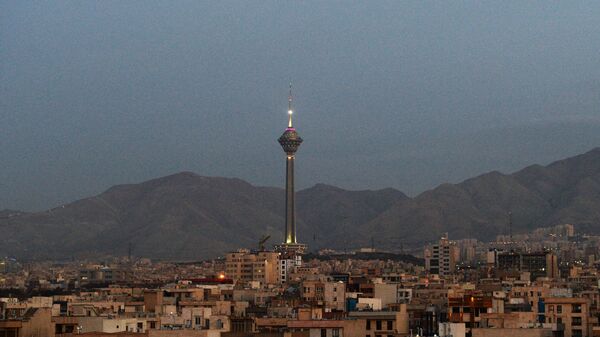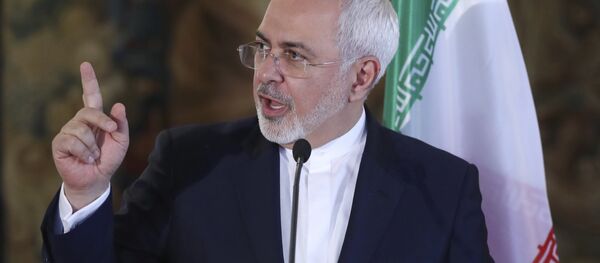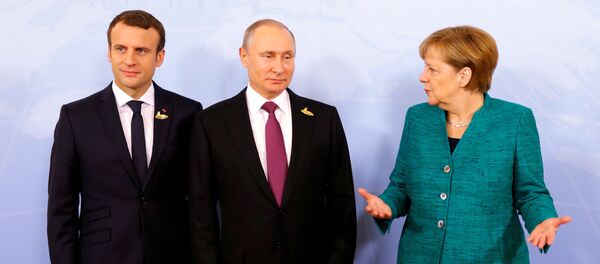Iran has promised the EU to adhere to the terms of the 2015 nuclear agreement provided that EU countries make up for the damage Tehran may suffer from US sanctions, Iran’s nuclear chief, Vice President Ali Akbar Salehi told reporters.
Over the weekend Salehi met with the European commissioner for energy and climate, Miguel Arias Canete, who had been dispatched to Tehran with a plan to stop Iran’s financial isolation and ensure its continued implementation of the terms of the nuclear accord.
“We hope that what they have presented to us, will be materialized,” Ali Akbar Salehi told Western journalists who had gathered in the Iranian capital.
He urged EU representatives to stand up to Washington’s pressure and keep the 2015 accord in place. He added that Tehran would uphold the agreement only if the EU’s effort helps offset renewed US sanctions.
After meeting with Salehi on Saturday, Canete was quoted by the Wall Street Journal as saying that the sides had agreed to hold a senior-level seminar on nuclear cooperation in November. The two also reaffirmed the EU and Iran’s commitment to the nuclear deal.
He added that the EU “deeply regrets” the US withdrawal from the Iran agreement and that the EU “is determined to preserve the deal.”
Iran’s Foreign Minister Mohammad Javad Zarif has stated that in light of the US withdrawal from the Joint Comprehensive Plan of Action, also known as the Iran nuclear deal, Tehran wants guarantees of economic benefits from it.
This position has been repeatedly underscored by the country's officials: they insist on the preservation of all the agreement's stipulations that they signed, as well as all the economic benefits contained in the JCPOA.
EU Digs In Heels
Responding to Washington’s move, the European Commission on Friday approved a three-pronged package of measures to protect European companies working in Iran against potential US sanctions.
Secondly, the Commission will simplify the European Investment Bank’s financing for European economic projects in Iran.
Thirdly, it will ramp up across-the-board economic partnership with Tehran, including in energy.
READ MORE: 'If EU Can't Act Independently With Iran There's No Future for Deal' — Scholar
The European Commission has also advised EU member-states to establish a system of direct payments to the Iranian Central bank bypassing foreign go-betweens.
The Iran nuclear agreement, known as the Joint Comprehensive Plan of Action (JCPOA,) signed by Tehran and the five permanent members of the UN Security Council – the US, France, Britain, Russia and China – plus Germany on July 14, 2015, imposes strict restrictions on Iran's nuclear program in return for the loosening of economic sanctions.




